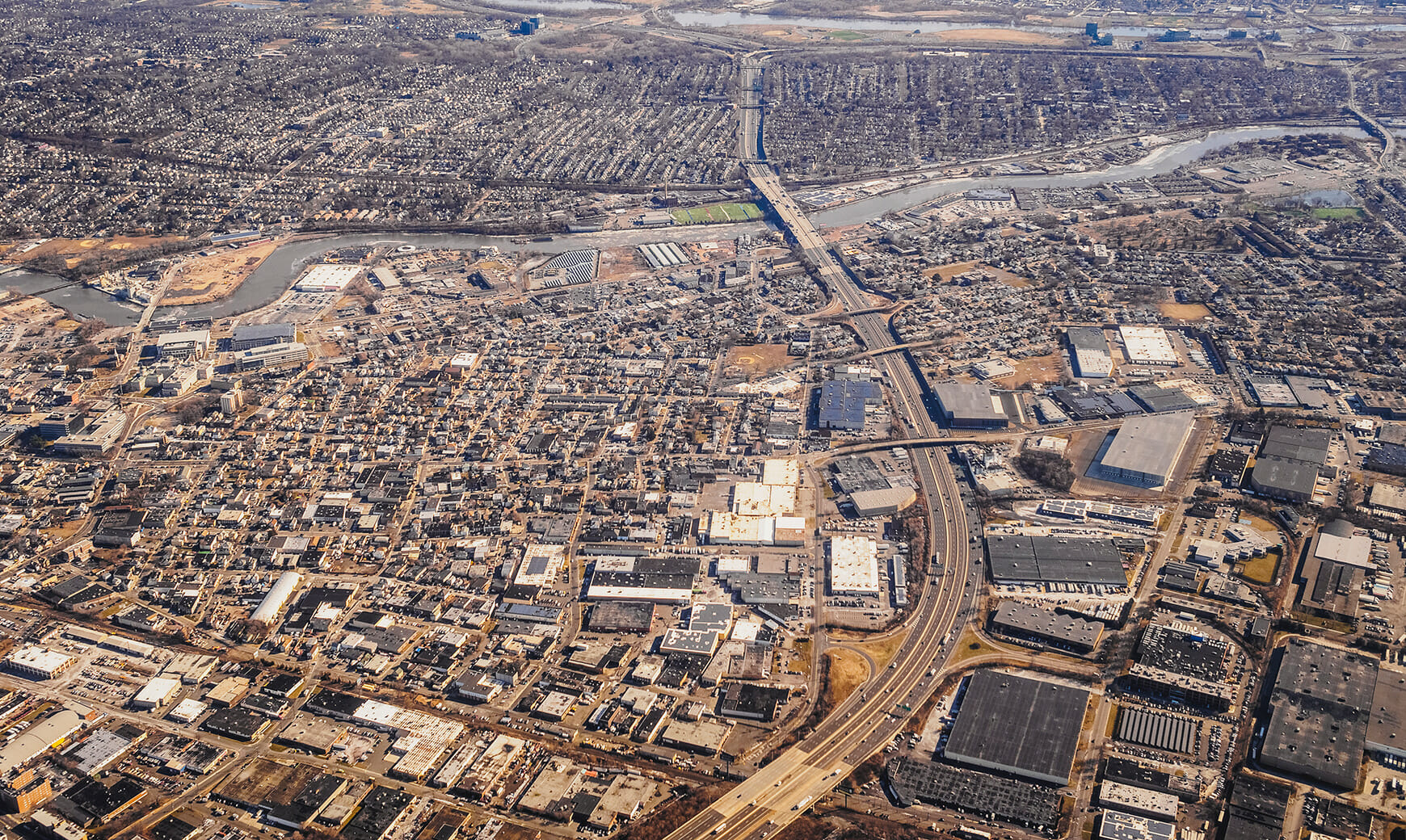The New Jersey Department of Environmental Protection (NJDEP) released on June 6 proposed new rules that would implement parts of the Environmental Justice Law, N.J.S.A. 13:1D-157, requiring certain industrial facilities to consider the environmental and public health effects of their operations on the surrounding environment and population in “overburdened communities” when seeking appropriate permits. An overburdened community is defined as any census block group consisting of 35 percent or more low-income households, 40 percent or more individuals who identify as minorities or members of a state-recognized tribal community, or 40 percent or greater households with limited proficiency in English. These overburdened communities are often sites of air, water, and soil pollution.
Facilities affected by the new regulations include ones that are a source of air pollution (i.e., gas-fired power plants and cogeneration facilities); resource recovery facilities or incinerators; sludge processing facilities; sewage treatment plants; transfer stations or solid waste facilities; recycling facilities; scrap metal facilities; landfills; and medical waste incinerators. The new regulations would require permit applicants seeking to construct new facilities or expand existing ones to consider environmental and public health “stressors” existing in the overburdened community affected by their operations and determine what additional impacts would arise if their projects were approved by the NJDEP. Stressors include air, soil, and water contamination, as well as public health risks, such as contamination and community exposure to heavy metals.
While some see a bright future, others see clouds on the horizon. Residents living in overburdened communities, as well as environmental justice advocates, embrace the regulations as a way of ending the decades-old practice of allowing unwanted facilities whose operations adversely affect the surrounding environment and population to languish in low-income communities. The regulations would allow low-income communities, which are comprised of higher numbers of Black and minority residents, to object to and contest permits issued by the NJDEP for such facilities.
Business associations and lobbyists, however, have voiced concerns about the impact of the regulations on the state’s economy. They argue that if the regulations are adopted, it would be extremely difficult, if not impossible, for certain industries and business activities to function in large swaths of New Jersey, stunting business expansion and leading to an exodus.
Public comment and other procedures concerning the regulations are expected to follow in the near future. NJDEP officials anticipate that the rules and regulations will be approved by the end of 2022, which would mark full implementation of the Environmental Justice Law. However, NJDEP Commissioner Shawn LaTourette has issued an administrative order requiring current and future projects to proceed in a manner that adheres to the law’s goals.
